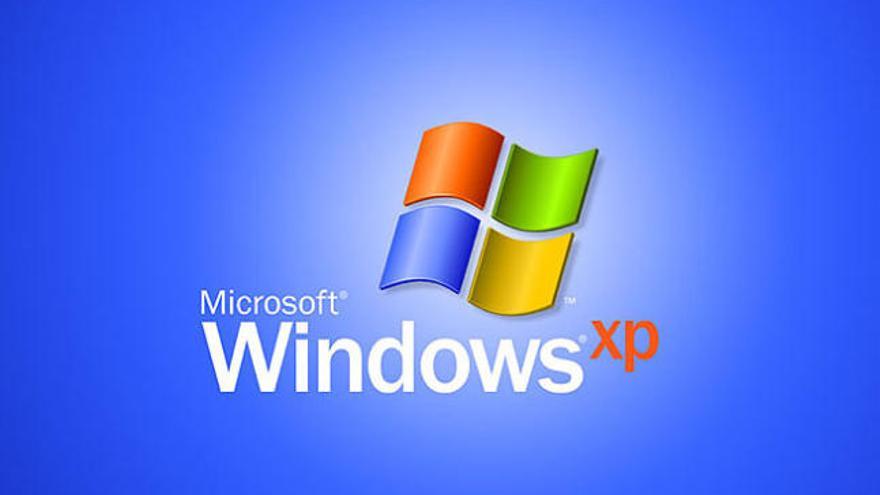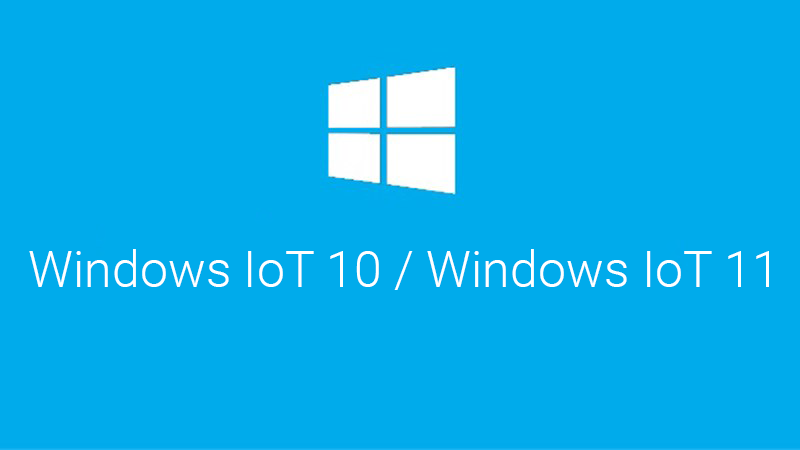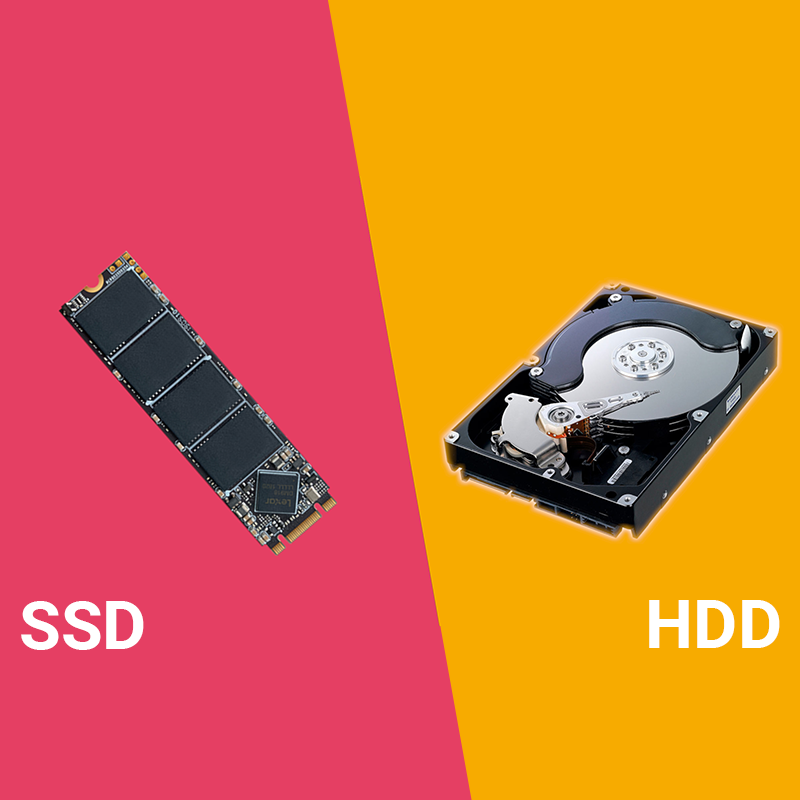What is virtualization technology?
Virtualization is the process of creating a virtual copy of an entity. According to the definition of information technology, virtualization is a technology that creates an intermediary layer between hardware and software systems to manage and distribute hardware resources to the virtual software layer operating on it.
Virtualization technology creates multiple independent virtual machines from a single physical machine. Each virtual machine has an individual system power setup, an individual operating system, and individual applications.
Virtualization technology creates multiple independent virtual machines from a single physical machine. Each virtual machine has an individual system power setup, an individual operating system, and individual applications.
Benefits of server virtualization solutions
Save hardware investment costs
Virtualization technology will help businesses save significant investments by reducing the number of servers needed. Costs are also reduced thanks to reduced power consumption, and maintenance is also easier than with physical servers.
Protect data safely
Virtualization solutions overcome the risk of data loss or information leakage that can occur when storing on physical servers. Virtualization technology has the ability to back up regularly, ensuring data is always safe.
Improve working efficiency
Virtualization solution allows automatic management of server resources. Thanks to that, IT staff do not need to spend a lot of time and effort to take care of the system. Instead, focus more on new applications and services that bring benefits to users and businesses.
Easily recover data
Backup and Snapshot capabilities help retrieve lost data easily and quickly. Even if a disaster occurs, applications on virtual servers can be easily migrated to another server, thereby limiting application downtime.
Easy to upgrade
With server virtualization, upgrading or offloading resources is done simply and quickly. Thanks to that, businesses can fully and effectively utilize available resources.






